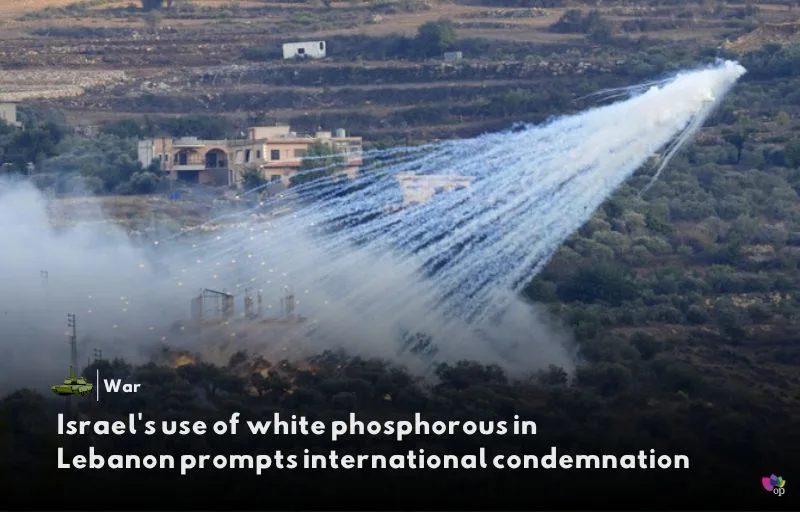The Israeli regime has escalated its offensive on southern Lebanon, employing banned white phosphorous bombs and conducting airstrikes that have drawn widespread international condemnation. On July 26, Israeli forces deployed the munitions on the outskirts of the town of Rashaya al-Fakhar. Concurrently, Israeli warplanes targeted the Marhat area near Markaba with missiles, resulting in several injuries. Additional shelling occurred in the southern town of Shebaa.
These attacks have been marked by the recurrent use of white phosphorous projectiles against civilian targets and densely populated areas. Experts and researchers have voiced serious concerns, noting that white phosphorous remains active, highly toxic, and flammable long after deployment, posing severe risks to civilians. The international community has responded with outrage, calling for an immediate cessation of these harmful practices and highlighting the urgent need for adherence to international laws and regulations governing the use of such weapons.
As the situation continues to develop, there is growing concern about the humanitarian impact on the affected populations in southern Lebanon and the broader implications for regional stability.
References



Thank you for your sharing. I am worried that I lack creative ideas. It is your article that makes me full of hope. Thank you. But, I have a question, can you help me?
Thanks for sharing. I read many of your blog posts, cool, your blog is very good.